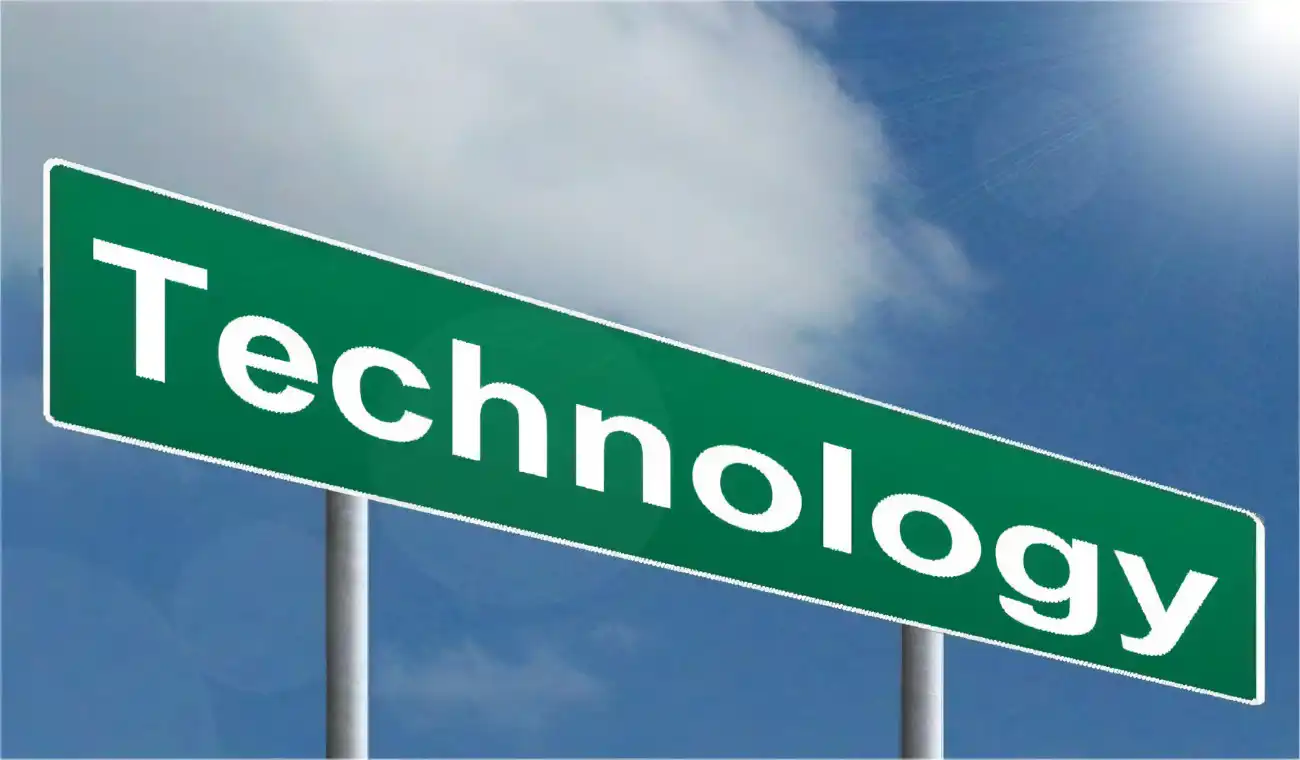How Doctors Arrive at Diagnoses
Healthcare professionals usually diagnose patients individually. They use their education, experiences, and intuition to determine the nature of a patient's health issue. This is the traditional method, and while it yields good results, there's still a considerable margin for human error.
Diagnosticians aren't infallible. They occasionally overlook clues, misinterpret data, or arrive at wrong conclusions. This considerably affects the patient's treatment and the outcome of the care they receive.

Misdiagnosis is a serious issue, one that researchers aim to solve. The Max Planck Institute for Human Development in Berlin, Germany, put forward collective intelligence as a proposed solution.
Understanding Collective Intelligence
The concept of collective intelligence isn't new. Familiar examples include the 'wisdom of the crowd' and 'crowdsourcing.' It depends on the combined knowledge and wisdom of a group of people to make better decisions than an individual could.
Data scientists provide evidence pointing to the benefits of a multi-perspective approach. Combining the insights from multiple professionals outperforms individual diagnostic predictions, thereby improving patient care.
This notion has now found its way into the healthcare sector. The team at the Max Planck Institute for Human Development conducts comprehensive research on this potential use of collective intelligence.
Their work heavily focuses on the analysis of medical diagnostics. They aim to uncover whether the intelligence of a collective healthcare team can outperform individual diagnostic decisions.
Collective Intelligence in Medical Diagnostics
The research team achieved respectable results. By applying collective intelligence to medical diagnoses, it could increase diagnostic accuracy rates up to 85.6% compared to 79.1% of individual diagnosticians.
These findings come from a simulation involving 88 practicing physicians. They reviewed 366 hypothetical patient cases. Then, using statistical algorithms, the researchers analyzed the potential of merging the individual diagnoses.
The technology of collective intelligence can aggregate and analyze the physician's different diagnoses. Then it generates a single, final diagnosis entity based on the collective inputs.
Performance enhancement remains consistent across specialties. Notably, it isn't restricted to any specific type of case. This suggests a universal applicability of collective intelligence in a wide range of medical practice areas.
Advantages of Collective Intelligence in Medicine
The application of collective intelligence in the field of medicine has apparent advantages. The most significant benefit is undoubtedly the reduction in the human error rate. But, other advantages aren't as direct.
Collective intelligence can contribute to a learning culture within the medical community. This shared learning can contribute to developing best practices and standardizing care.
Reducing variability of care is another potential advantage. The assimilation of collective wisdom can result in widespread adherence to the same standards.
Also, as diagnosticians gain insight into the collective decision-making process, their individual skills might improve: they learn from each other, therefore, grow together as a community of professionals.
Challenges and Future Research Potential
As with any significant change in a professional field, there are challenges. For collective intelligence to be successful, it requires a change in mindset. The success lies in doctors embracing change and modifying their approach to diagnosis.
Moreover, implementing such an approach on a large scale might not always be feasible. There are questions of time, cost, and feasibility tied up with the application of collective intelligence in medicine. How practical is it for every diagnosis to filter through several doctors? Is collective diagnosis feasible for non-critical cases?
With further research and sophistication of algorithms, these challenges could be overcome. Future research might dig deeper into the practical applications and how to implement at scale.
Despite its challenges, collective intelligence is an area full of potential. It could revolutionize healthcare practices and make significant strides towards reducing diagnostic errors, thereby improving patient care.